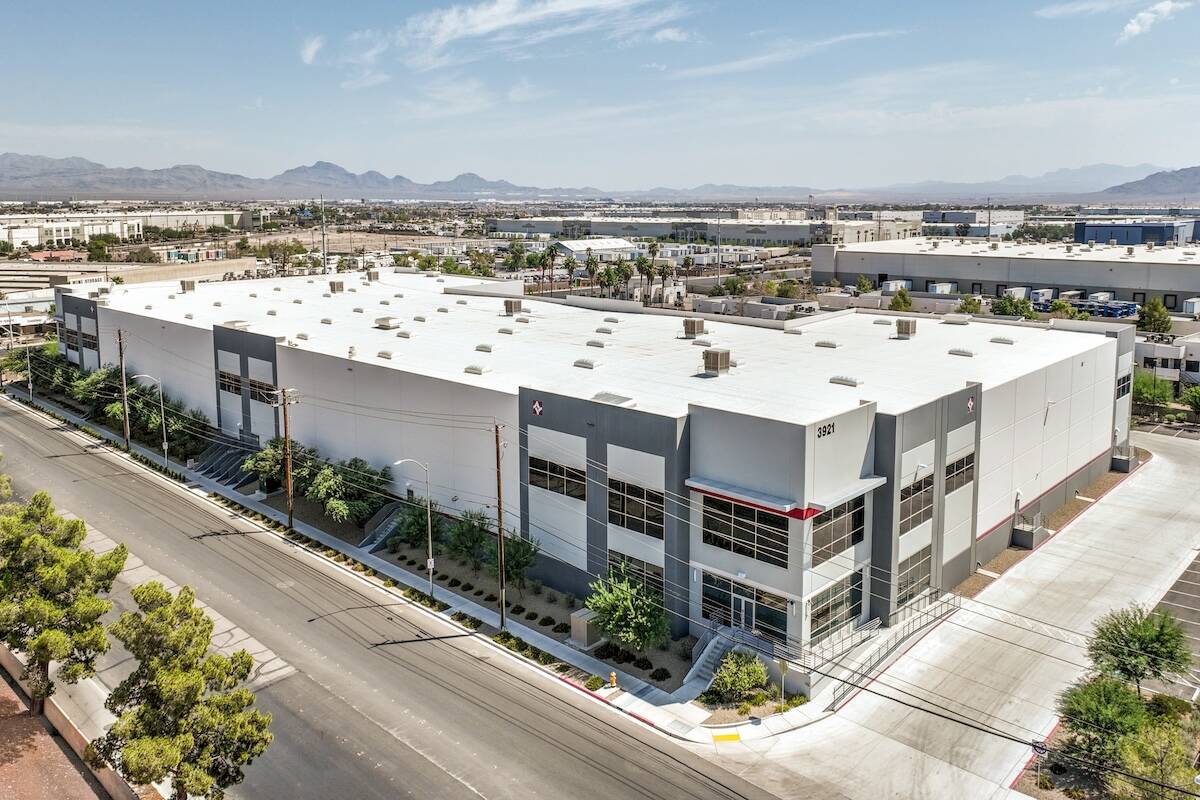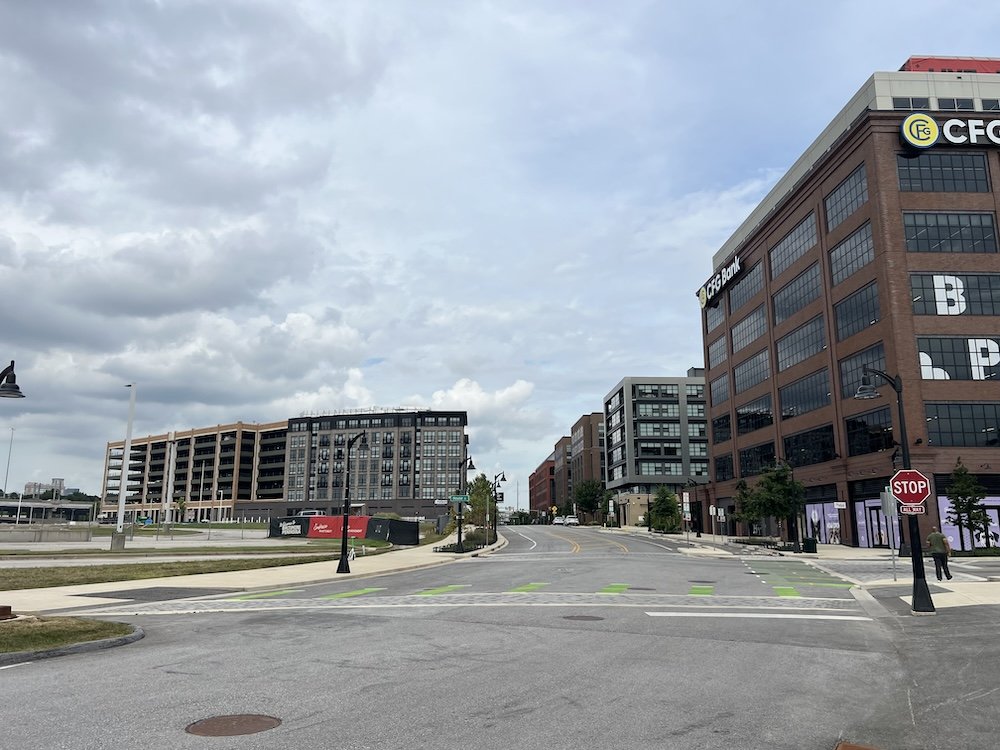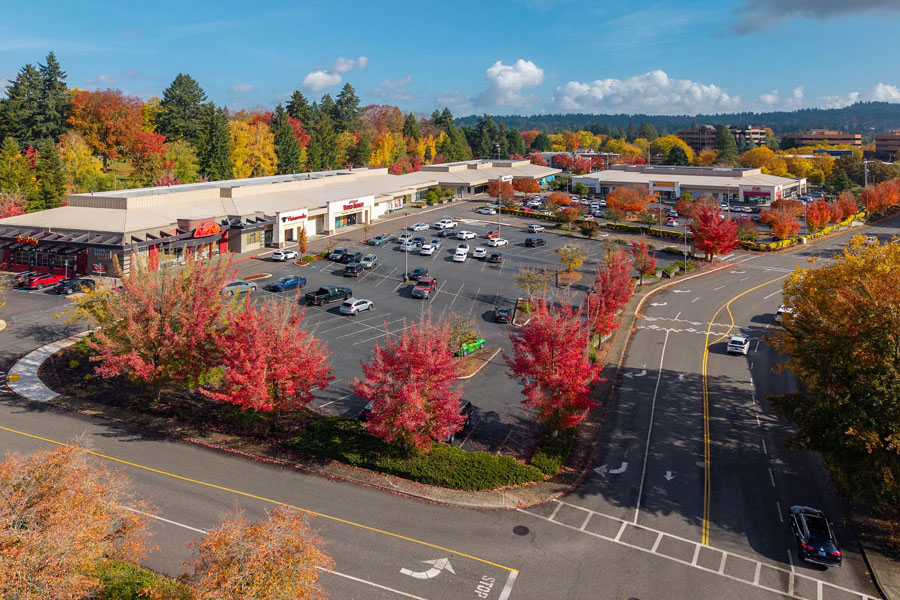T
he real estate industry is shifting to prioritize wellness-centered spaces, driven by consumer demand and the challenges of a changing world. The Wellness Communities and Real Estate Initiative of the Global Wellness Institute (GWI) has released its 2025 report on this sector, highlighting six key trends.
Firstly, "Brain-Friendly Buildings" are becoming increasingly popular, with neuro-architecture integrating features like biophilic design, circadian lighting, and sensory elements to optimize human health. This trend is particularly appealing to residential developers who want to promote longevity and healthy aging.
The report also highlights the rise of "AI-Integrated Wellness Ecosystems," where homes can actively learn and adapt to occupants' needs through AI, IoT, and wellness design. This potential extends beyond individual residences to shared wellness amenities like fitness classes and mental health resources.
Another trend is the emergence of "Live, Work, Zen" spaces, which prioritize wellness infrastructure like walkability, green spaces, social connections, and healthy food access. These mixed-use developments are evolving into wellness hubs that promote holistic well-being and long-term sustainability.
The report also emphasizes the importance of "Redefining Real Estate for Resilience," as climate change impacts real estate development. A climate-focused approach integrates adaptive change to existing sites, renewable energy, green infrastructure, and regenerative practices in new sites to create sustainable solutions.
Furthermore, the report predicts that future homebuyers, including Gen Z and Gen Alpha, will demand homes that maximize space and functionality, seamlessly integrating work, learning, and leisure under one roof. These "phygital" lifestyles will prioritize mental and physical wellness, with hybrid spaces and wellness-focused tech integrations.
Lastly, the report highlights the importance of "The Convergence of Placekeeping and Placemaking," which involves regionally responsive architecture that connects people to their existing places, communities, and cultures. This approach preserves cultural heritage and promotes social connections, resulting in more resilient and authentic places where people can thrive.














